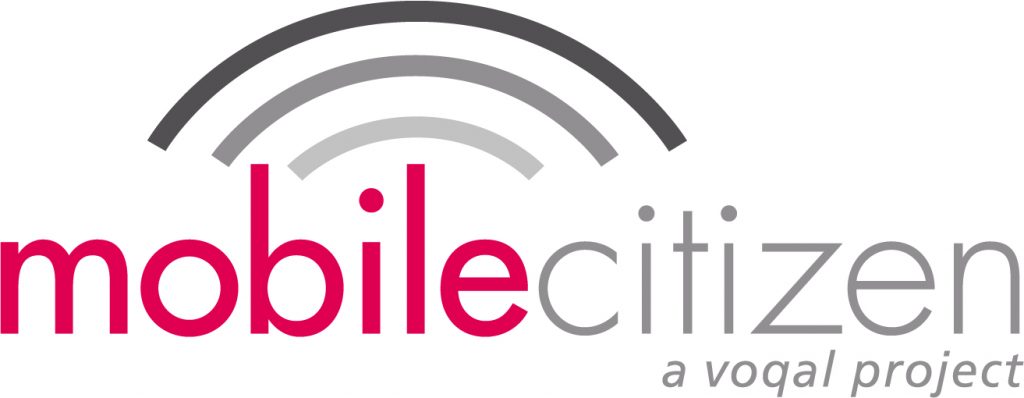
We believe a socially equitable world, where everyone has an equal opportunity for success is possible. One of the ways to create this opportunity is to ensure everyone has access to the same tools. One of those tools is the internet. Voqal project, Mobile Citizen was created with the goal of creating equitable access to the internet. It does this by providing low-cost mobile internet with unlimited data plans to nonprofit organizations, educational entities, libraries, and social welfare agencies. This week we highlight one of the amazing organizations Mobile Citizen works with to achieve its mission, TechPoint Foundation for Youth.
A recent case study from Mobile Citizen highlights TechPoint Foundation for Youth’s work to bridge the digital divide in Indiana. Check out an excerpt from the case study below.
When its popular after-school robotics programs had to be temporarily shelved during Covid-19 school closures, TechPoint Foundation for Youth quickly shifted gears to support remote learning instead. The nonprofit distributed hundreds of Chromebooks and nearly 300 Mobile Citizen hotspots to help Indiana schools keep underserved students connected and engaged.
Jamie Inskeep, a teacher for 16 years with a passion for STEM education, came on board as Director of Programs at the end of 2020. Her first objective? To help TechPoint Foundation for Youth assess how and where they could help the most students through the challenges of remote learning.
“Mobile Citizen’s internet service reached all the corners of our rural state that we needed it to,” said Inskeep, “and they made it really simple for us to get the hotspots out to our schools.” Most importantly, Mobile Citizen’s affordable wireless internet and unlimited data helped the TechPoint Foundation team make the biggest impact possible with its dollars. “By our estimate, about 6,000 students benefitted,” Inskeep concluded.
The fact that kids are back in the schoolroom now doesn’t mean they no longer need internet at home. Inskeep likes the fact that administrators at the nine school districts can choose to renew their contracts directly with Mobile Citizen after their TechPoint Foundation-funded service contracts are up. That way the districts can keep their Wi-Fi hotspots in circulation and prevent old homework gaps from opening back up.
Interested in learning more about Mobile Citizen and its work with TechPoint Foundation for Youth? Check out the full case study at mobilecitizen.org.